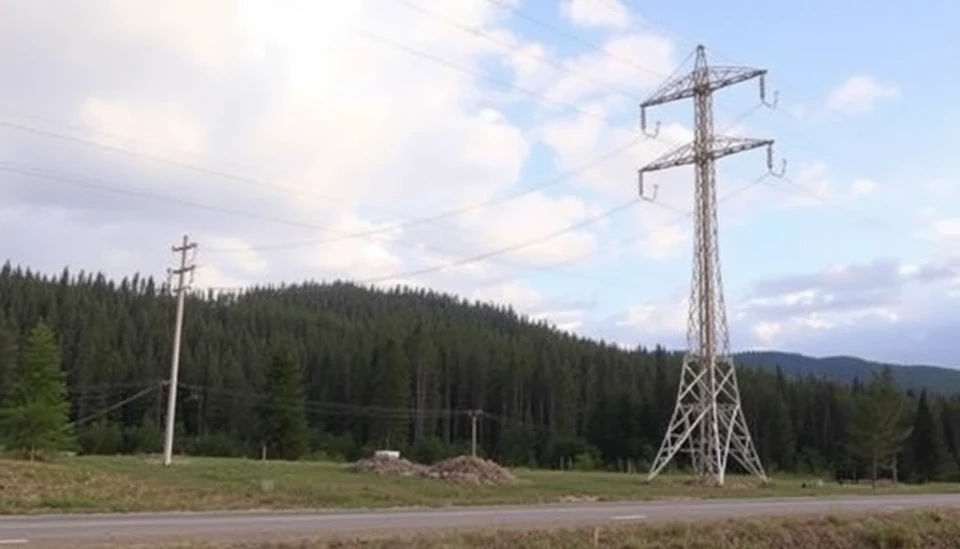
In a bold move that could reshape the future of energy infrastructure, Xcel Energy's CEO has advocated for a transformative approach to the planning and construction of power lines. This innovative strategy, referred to as 'Flip the Grid,' calls for prioritizing the development of transmission lines before rolling out renewable energy projects. This perspective comes amid the increasing urgency to enhance the nation’s energy reliability and accelerate the transition to clean power sources.
During an industry conference in Denver, CEO Alice Jackson emphasized the pressing need for efficient electrical grid expansion, arguing that the current methodology often leads to delays and inefficiencies. By flipping the traditional approach, which typically sees renewable projects develop first, Jackson envisions a system where the backbone of the grid—its transmission lines—are constructed in advance, enabling subsequent investments in renewable energy to flow smoothly and without impediment.
Jackson pointed to the current challenges faced by numerous renewable energy projects, which are often held back due to the insufficient infrastructure necessary to transmit the generated power effectively. She highlighted the ongoing struggle to balance growing demand for clean energy with the current limitations in transmission capacity and reliable delivery systems.
Xcel Energy, a leading utility provider in the U.S., has already committed to ambitious clean energy goals, aiming for a significant reduction in carbon emissions in the coming years. However, without a solid foundation of power lines to support these goals, Jackson fears that these intentions could be undermined by practical logistical challenges.
To illustrate her point, she cited specific projects that had faced setbacks not due to a lack of renewable energy resources but rather due to the inability to transport that energy efficiently to where it was needed most. In her view, adopting the 'Flip the Grid' framework would not only alleviate these issues but would also facilitate a quicker rollout of renewable energy technologies.
This proposed change is gaining traction among industry leaders and policymakers who recognize the interconnectedness of infrastructure and the clean energy transition. As investment in renewable sources accelerates, ensuring that the infrastructure can keep pace will be crucial for achieving national energy goals and standards. Jackson's vision aligns with broader trends in energy policy that seek to overcome traditional obstacles through innovative thinking and strategic planning.
The conversation around energy infrastructure is being further energized by recent initiatives from the federal government aimed at bolstering clean energy deployment. These initiatives include substantial funding for grid modernization and a focus on integrating renewable sources into the grid more seamlessly. Jackson's remarks resonate strongly with these initiatives, suggesting that proactive infrastructure investment is key to unlocking the full potential of renewable energy.
In conclusion, the 'Flip the Grid' strategy proposed by Xcel's CEO is a call to action for the energy sector to rethink the conventional order of project development and implementation. As the demand for clean energy surges, the need for a resilient and adaptable infrastructure becomes increasingly critical, making Jackson’s proposal not just timely, but essential for future energy stability.
As the energy landscape evolves, industry stakeholders will be closely watching how Xcel Energy proceeds with not only its internal strategies but also how its proposals influence national dialogue on renewable energy infrastructure.
#XcelEnergy #FlipTheGrid #RenewableEnergy #EnergyInfrastructure #CleanEnergy #PowerLines #EnergyTransition #AliceJackson
Author: Victoria Adams




